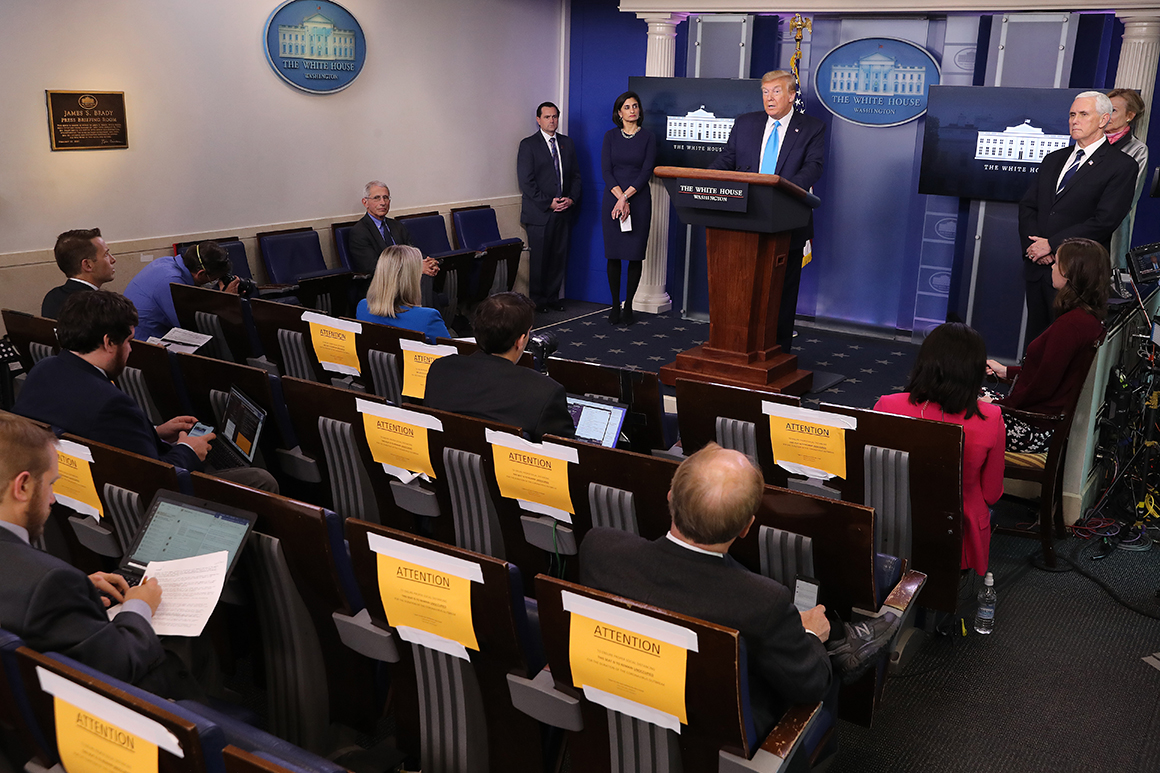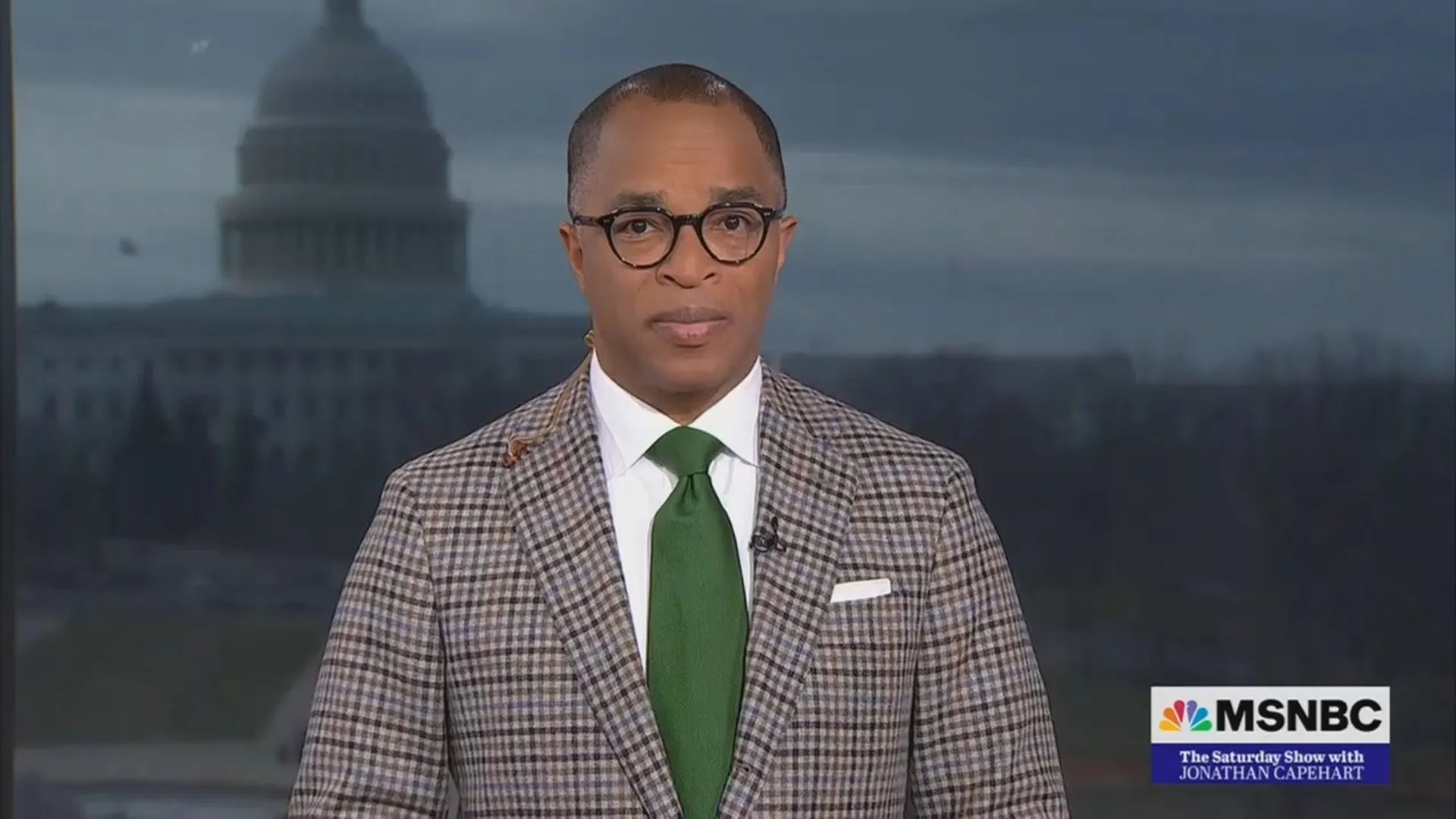As the clock ticks down to the expiration of President Donald Trump"s tariff pause, uncertainty reigns over the global economy. In a staggering display of mismanagement, Trump"s administration has failed to finalize even a single trade deal, despite the grand promise of 90 agreements in 90 days. This impending tariff increase could send tremors through international markets, further destabilizing an already fragile economic landscape.
Trump"s Empty Promises and Economic Fallout
On a recent episode of MSNBC"s "The Weekend," co-host Jonathan Capehart highlighted the absurdity of Trump"s claims about trade deals. The president"s administration had boasted of reaching numerous agreements, yet with the deadline looming, it has become painfully clear that these were nothing more than empty statements. According to The New York Times, Trump"s previous tariff actions have already erased up to $5 trillion in value from the S&P 500, sending shockwaves through global markets.
Escalation of Trade Tensions
As reported by Harvard Law experts, the tariff policies enacted by Trump have scrambled the global economic system, leading to increased volatility and uncertainty. With the deadline for tariff negotiations set for July 9, the stakes couldn’t be higher. Countries that once considered the U.S. a reliable trading partner are now grappling with the reality of Trump"s erratic policies, which prioritize political posturing over sound economic strategy.

White House to require coronavirus tests for journalists ...
Political Motivations Behind the Tariffs
Trump"s tariffs are not merely economic tools; they are political weapons. The administration"s claims that tariffs are necessary to combat illegal immigration and drug trafficking are thinly veiled attempts to rally his base and distract from significant domestic issues. As outlined by experts at the University of Sydney, this approach only serves to escalate tensions with trading partners, risking retaliatory measures that could further damage American exports.
Impact on American Workers and Consumers
The ramifications of Trump"s tariff strategy extend beyond the stock market; they hit everyday Americans hard. Increased tariffs mean higher prices for consumers on essential goods, leading to a rise in the cost of living. As reported by Columbia Business School, many working families will feel the brunt of these policy decisions, making it more challenging to make ends meet. Furthermore, American manufacturers, already grappling with supply chain disruptions, face the prospect of dwindling exports and increased production costs.

Jonathan Capehart quits Washington Post editorial board ...
The Global Response and Future Implications
Internationally, countries are preparing for the worst as the tariff deadline approaches. The EU has already signaled its intention to enact retaliatory tariffs, which could further escalate trade tensions. As highlighted by Harvard Kennedy School, this creates a precarious situation that could spiral into a full-blown trade war, undermining global economic stability.
With Trump"s refusal to extend the tariff pause, the world watches nervously. The potential for economic chaos is palpable, and the stakes are higher than ever for American workers and families. As we await the outcome of Trump"s reckless gamble, it"s clear that the repercussions will be felt far beyond the White House.



![[Video] Gunfire between Iraqi security forces and Sadr militias in Baghdad](/_next/image?url=%2Fapi%2Fimage%2Fthumbnails%2Fthumbnail-1768343508874-4redb-thumbnail.jpg&w=3840&q=75)
